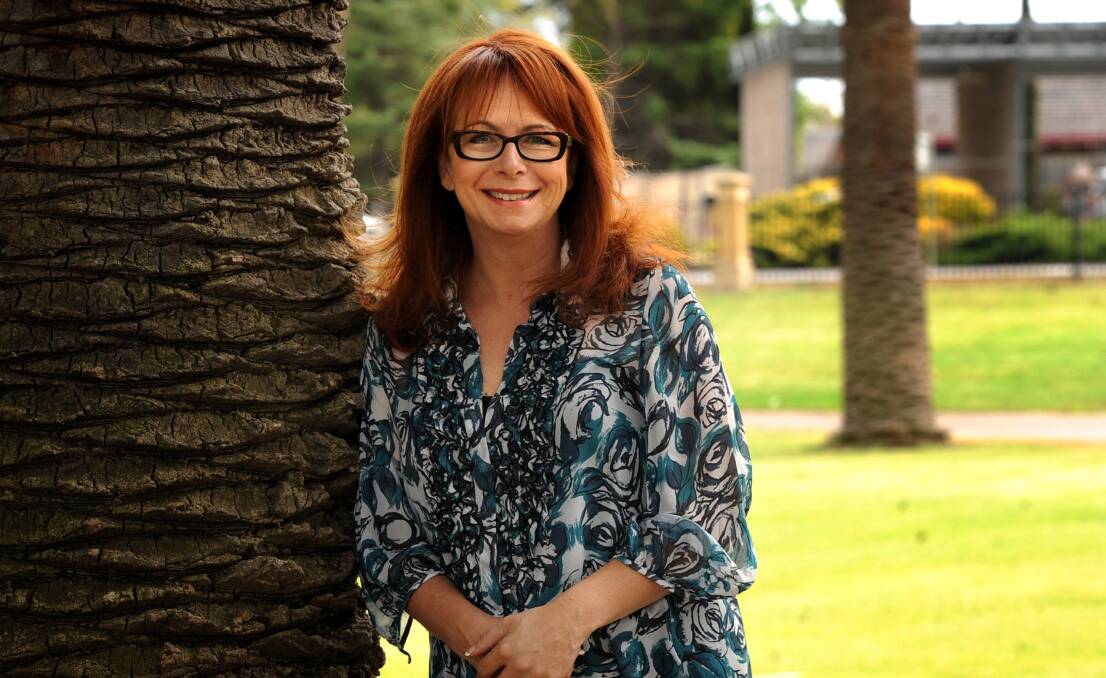Mallee MP Anne Webster will run for the deputy leadership of the National party, acknowledging Barnaby Joyce’s “polarising” style and urging the party to back “stable and reasonable” leadership.
“I am sticking my hand up; I have nothing to lose,” Webster told Guardian Australia.
Webster said the combination of new MPs and the “caginess” of the existing ones meant she did not know whether she would have support.
In a clear reference to the domination of northern interests in the party, Webster said that all regional electorates needed Nationals leadership representation, “not just Queensland”.
“Barnaby has stated that he’s polarising. You know, it’s just who he is,” Webster said.
“No doubt that has reaped him rewards over time, or he wouldn’t continue in that vein. But I think, you know, Australians are sick and tired, they are election-exhausted, they’re politician-tired, and they do want the country to move forward with some stability.
“And the Nats have a part to play in that, even though we’re in opposition. I think people need to be a little more collaborative, you know, in terms of Coalition.”
She said that while her views might “rile” some people who wanted to see the Coalition fall apart, stability was needed in the next parliament.
“I just think that there is work to be done on all of our parts, and we need reasonable and stable leadership to do that,” Webster said.
“I’m not saying that that’s impossible with the current leadership. But I think the reality is that after an election, the Nats always reset leadership.”
Webster’s move may force the hand of the current deputy, David Littleproud, who is yet to declare his leadership intentions.

All positions are spilled in the Nationals party room after an election, and MPs and senators will meet on Monday to vote. Former leader Michael McCormack, as is Gippsland MP Darren Chester, is considering running again for the leadership. Both McCormack and Chester have been critical of Joyce’s leadership.
Webster’s electorate of Mallee represents one-third of Victoria, and she attracted a swing of more than 4% on a two-party-preferred basis. However, that was off the 2019 base, when there was also a Liberal candidate in the race.
She noted that her Victorian colleague Chester also got a swing towards him, as did Kevin Hogan, devastated by flooding in his northern NSW electorate of Page. All three members backed the 2050 net zero target.
Webster said the swings to more moderate party members gave her more confidence.
“It gives us the confidence to step up and say, listen, you know, there are things that would help us in the north as well,” she said.
Webster pointed out that while she did not have a coal mine in her electorate, she had 11 wind farms and 44 solar farms, with more in the planning stage. But she said the marginal seats in Queensland were “driving a lot of the activity in the campaign”.
Webster described Matt Canavan’s statement that the net zero 2050 target was dead as “provocative” and unnecessary, given the party room had “been there, done that”.
“Barnaby said it this last week; we’ll discuss it in the party room again. One of my hopes is that we stick with what was agreed to because it matters in the long term,” Webster said.
“It’s just what can I do to ensure that Mallee’s voices are heard, and the people in my electorate and the businesses in my electorate are represented and supported in the best possible way,” she said.
Webster said she was not “a raving climate change enthusiast” but a pragmatist.
She said the moratorium on nuclear power should be lifted.
“Labor has shown no interest in going down that path. And I believe it’s the most honest conversation to have. If we’re talking clean energy, then let’s genuinely talk all options.”











